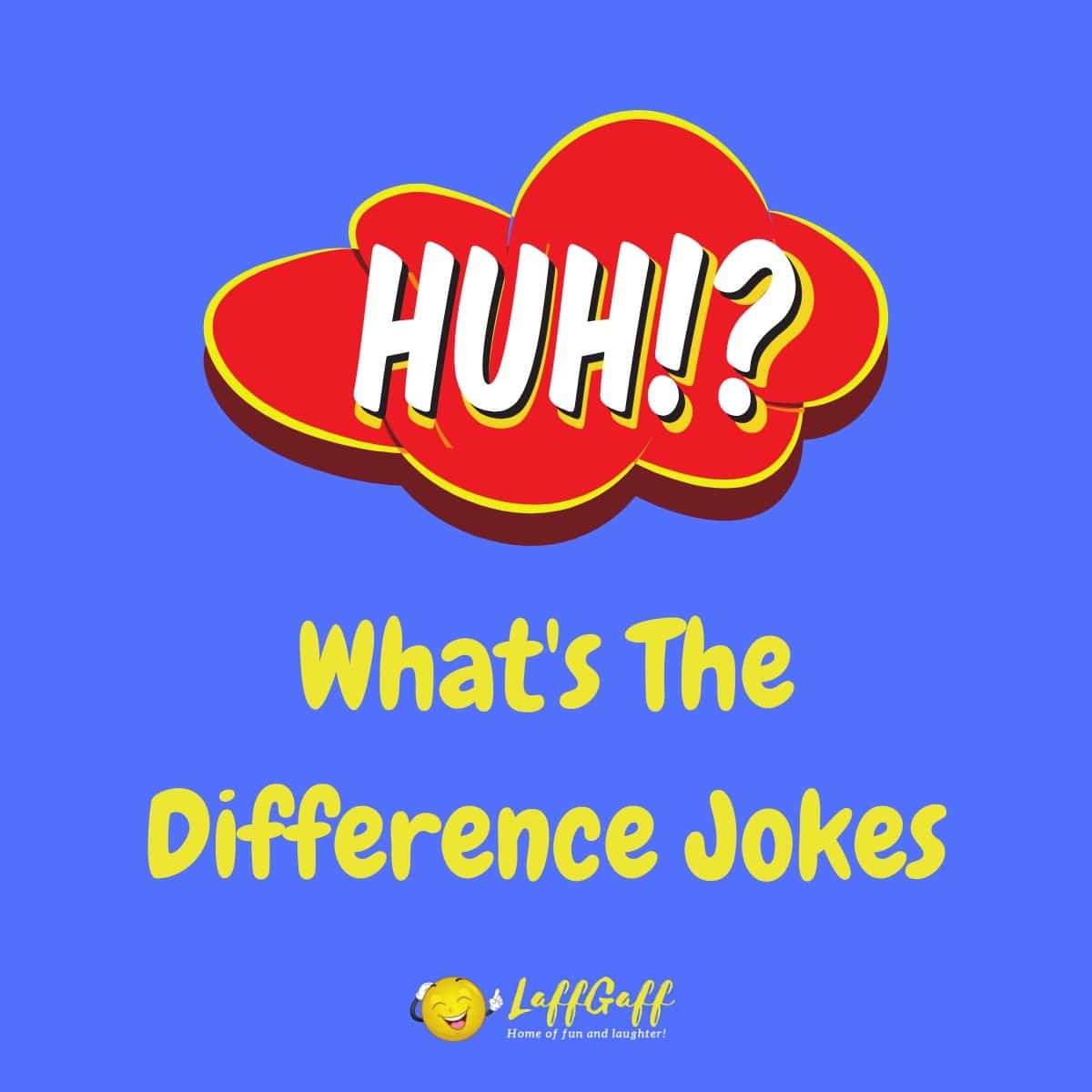Jokes: What Is The Difference Between Laughter And Humor?
In the realm of comedy, jokes serve as the lifeblood that keeps the spirit of humor alive. Yet, within this vibrant tapestry, a common question arises: "What is the difference between laughter and humor?" As we navigate through this maze of wit and jest, we often find ourselves pondering the nuances that separate different forms of comedy. The exploration of these differences not only enriches our understanding of humor but also enhances our appreciation for the craft of joke-telling.
Humor is a broad concept that encompasses a wide range of comedic styles and techniques, while laughter is the delightful response we experience when we find something funny. This distinction is crucial for comedians, writers, and even casual joke enthusiasts who wish to connect with their audience on a deeper level. By examining the subtleties between these two concepts, we can unlock the secrets behind what makes a joke land effectively and why certain styles resonate with us more than others.
Ultimately, jokes serve as a bridge between humor and laughter. They are the vehicles through which we express our understanding of the world, our relationships, and the myriad experiences that shape our lives. As we dive deeper into this subject, we will address several pertinent questions related to jokes, their meanings, and their impact on our daily lives. Join us on this journey as we uncover the essence of comedy and the age-old question: "What is the difference between laughter and humor?"
What is the Difference Between Jokes and Humor?
At the core of our exploration lies a fundamental distinction. Jokes are structured forms of humor, typically involving a setup and a punchline, aimed at eliciting laughter. Humor, on the other hand, is a broader category that encompasses various comedic expressions, including wit, satire, and irony. Here are some key differences:
- Structure: Jokes usually have a specific format, while humor can be spontaneous or observational.
- Intent: Jokes are crafted to provoke laughter; humor can evoke a range of emotions.
- Medium: Jokes are often verbal or written, while humor can be visual, physical, or situational.
Why Do We Enjoy Jokes?
The enjoyment of jokes is deeply rooted in human psychology. Here are several reasons why we gravitate towards jokes:
- Relatability: Jokes often reflect shared experiences, allowing us to connect with others.
- Surprise: The element of surprise is a key component of humor.
- Stress Relief: Laughter is a natural stress reliever, providing a break from daily life.
What Makes a Joke Effective?
To craft an effective joke, a comedian must consider several factors:
- Timing: The delivery of a joke is crucial for maximum impact.
- Audience Awareness: Understanding your audience can help tailor jokes to their preferences.
- Originality: Unique jokes stand out and are more likely to be shared.
How Do Different Cultures Interpret Jokes?
Jokes often rely on cultural references, making them unique to specific societies. Here’s how different cultures interpret jokes:
- Wordplay: Different languages have their own nuances, affecting how jokes are understood.
- Social Norms: What is humorous in one culture may be offensive in another.
- Historical Context: Jokes often reference historical events or figures specific to a culture.
What is the Difference Between Jokes and Puns?
While both jokes and puns aim to provoke laughter, they differ in their execution:
- Jokes: Typically consist of a setup and a punchline.
- Puns: Wordplay that exploits multiple meanings of a term or similar-sounding words.
What is the Role of Jokes in Social Interactions?
Jokes play a significant role in social dynamics:
- Icebreakers: Jokes can ease tension in new social situations.
- Bonding: Shared laughter strengthens relationships.
- Communication: Humor can convey complex ideas in a digestible manner.
Why is Timing Important in Jokes?
The effectiveness of a joke often hinges on timing. Proper timing can enhance the punchline's impact, while poor timing can lead to a joke falling flat. Here are a few key components of timing in jokes:
- Pacing: The speed at which a joke is delivered can alter its reception.
- Pauses: Strategic pauses can build anticipation for the punchline.
- Context: The timing of a joke in relation to the surrounding events can influence its success.
Conclusion: What Have We Learned About Jokes?
In our exploration of the question "What is the difference between laughter and humor?", we have unraveled the intricacies of jokes and their role in human interaction. Jokes serve as a reflection of our culture, experiences, and emotions while acting as powerful tools for connection and understanding. By recognizing the nuances of jokes, we can appreciate the artistry involved in crafting humor and the joy it brings to our lives.
As we continue to share and create jokes, let us remember the importance of laughter and the profound impact it has on our well-being. Whether through a clever pun, a witty observation, or a classic setup-punchline format, jokes will always be a cherished part of our social fabric.
Unveiling The Life And Legacy Of Joie Heatherton
Unveiling The Life And Legacy Of Jennifer Harper
Unveiling The Mystery: How Old Is HJ Evelyn?


